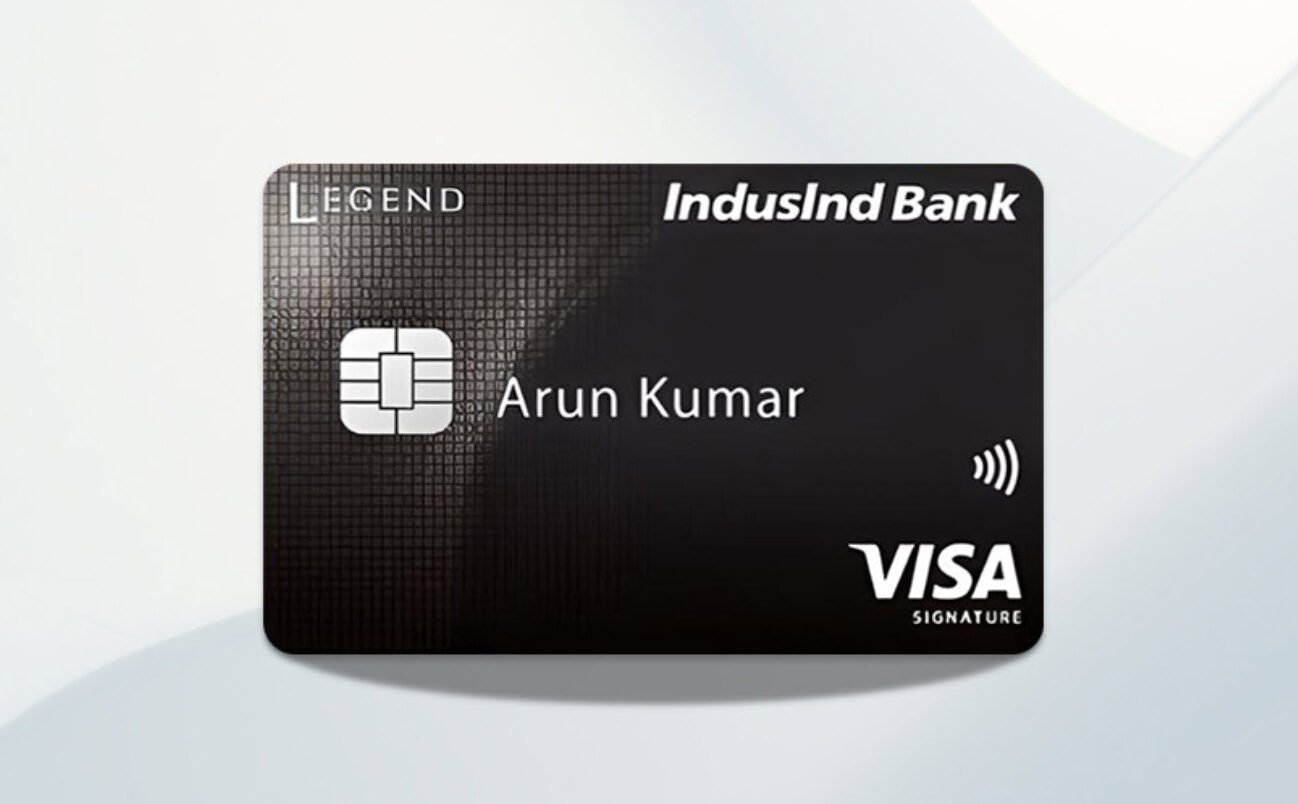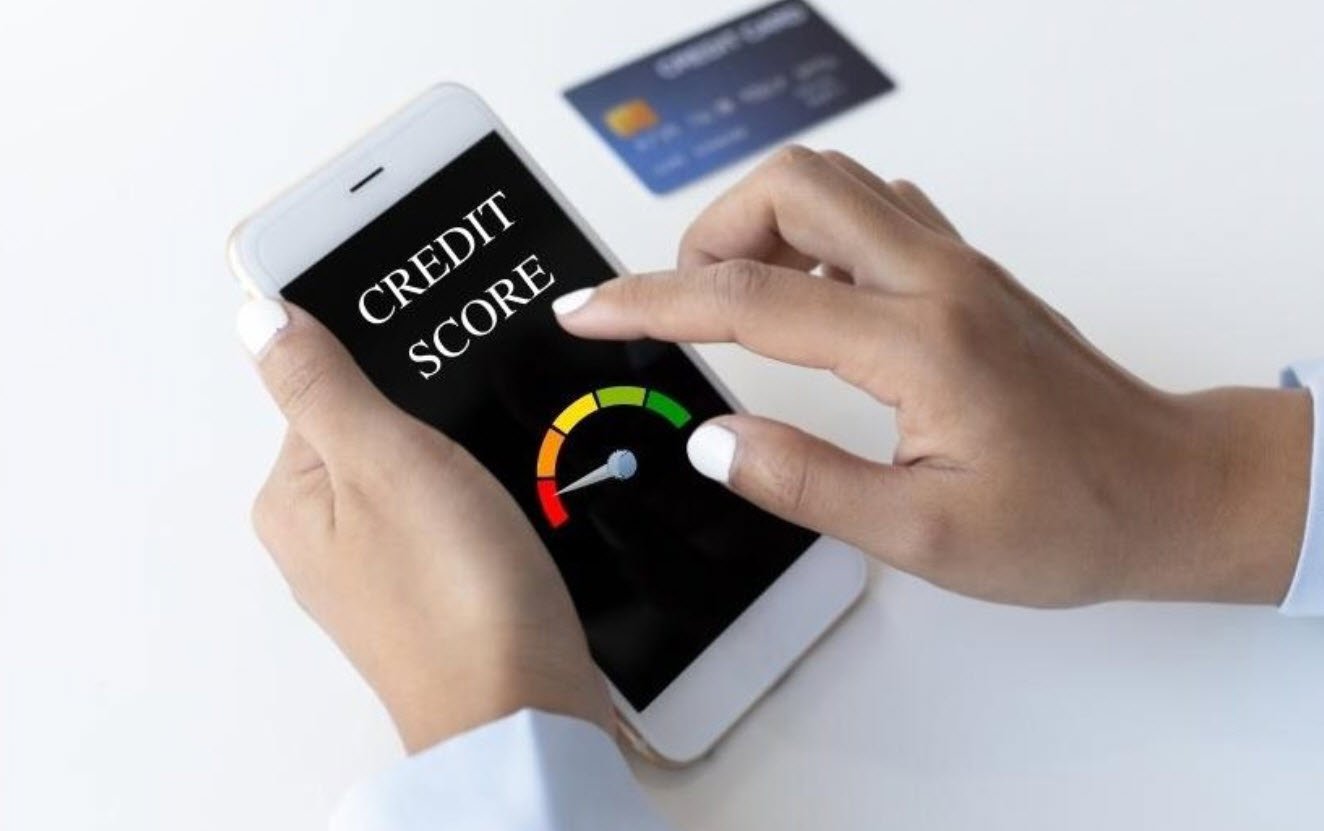
Most of us are aware of the flexibility and convenience that credit cards offer when it comes to making purchases and managing payments. But have you ever wondered if you can or should transfer money from your credit card to your bank account? This article will guide you on how to transfer money from a credit card to your bank account, things to keep in mind, and more.
Certain financial transactions such as life insurance payments or mortgage payments can’t be made using credit cards. In such cases, you can transfer the funds from your credit card to your bank account and then proceed with such transactions easily.
Let’s explore into how to transfer funds from a credit card to a bank account:
1. Direct Transfer
Many banks allow direct fund transfer from your credit card to your bank account through online banking. It’s important to note that there’s a daily transfer limit for such transactions, which may vary across banks, so do a quick check with your specific bank before initiating the fund transfer.
2. Net Banking
If your bank offers net banking services, simply log in to your net banking account, navigate to the ‘credit card’ section, choose ‘fund transfer,’ enter the desired amount, and follow the prompts to complete the transaction.
3. Phone Call
Some credit card issuers also offer a facility to transfer money via phone call. Reach out to your credit card issuer via phone banking, provide the necessary details, and request them to transfer money from your credit card to your bank account.
4. Cheque Writing
If you want to go for a more traditional approach, write a cheque to yourself. In the recipient’s name, write ‘self,’ include the requisite details, and deposit the cheque at your nearest bank branch.

Important Points to Consider
While the facility to transfer money from your credit card to your bank account is highly convenient, there are a few important points to consider:
- Credit Card’s Purpose: Credit cards are primarily meant for direct payments; therefore, you should reserve money transfers from your credit card to your bank account only for emergencies.
- Income Tax Ramifications: Exceeding your credit card usage limit may draw scrutiny from the income tax department. Frequent transfers might attract unwanted attention from the tax authorities.
- Credit Card Dues: Timely repayment of credit card dues is very important. Failing to make payment on time can leave a negative mark in your credit history, impacting your credit score.
While the option to transfer money from your credit card to your bank account can be a lifesaver during emergencies, you should opt for it cautiously. Remember, it’s a tool best used only when required.









This Post Has One Comment